Summer 2021 Intern: Cristian D.C. Soles
I was born and raised in Chia, Colombia, where my parents passed away when I was three years old. I was never told how they died, and it has been a question that has always stayed with me. Their death left my older brother and me homeless. My brother, Rafael, was a couple of years older than I, and we had to fend for ourselves in the streets of Colombia for the next three years.
I still remember walking up and down the streets of Colombia,. We always looked for food or water in the open markets to get us through the day. This was a struggle for us, but it was all we knew. My brother and I lived on the streets, sleeping at the beach or staying the night anywhere we were not bothered. We were picked up one day by a strange man who took us to the Maria Madre De Los Ninos orphanage in Colombia. There, I was introduced to another brother, Jonatan. Until then, I did not realize I had another brother who had been separated from us after the death of our parents. My brother, Rafael, seemed extremely excited to see him, though.
I was able to live in the orphanage with my two older brothers for three more years, until I was nine. The orphanage was given the opportunity to send orphans to the United States through a program called, “Kids Save Summer Miracles.” For a summer, I was sent to the United States, where I stayed with a host family who introduced me to their friends. I went back to the orphanage after the summer, and that is when I got the news that someone wanted to adopt me.
When I was adopted, I was forced to leave my two brothers in the orphanage. I was unaware that I was going away forever but they seemed to understand what was happening. After I got to the United States, my brothers were separated and sent to orphanages. My new American family, from Herndon, Virginia, were abusive; they set me up for adoption again. That led to my adoption by Mary and Gary, who raised me from the time I was a fourth grader. With them, I grew up in the small town of Saratoga, Wyoming. The transition into this family came naturally, and I graduated high school in 2016 at the age of 19. When I started my freshman year at the University of Wyoming, I felt like there was something else that I wanted to do with my life. I had always been interested in the military so I decided to give back to the country that had given me everything. That same year, I joined the U.S. Army as an infantryman.
After training, I graduated from the Fort Benning Maneuver of Excellence in Georgia as an infantryman and served for five years, including one tour overseas for 11 months and 2 days. After, I returned to Wyoming to finish my undergraduate degree. I was in class at the University of Wyoming when I discovered my passion for criminal law. My professor raised the statistical topic of people of color who are falsely accused and wrongly convicted of crimes. From this small spark, I became especially interested in issues involving people of color in the correctional system. Therefore, I am attempting to finish my degree so that I can pursue my PhD in criminology or criminal justice.
The Wyoming Truth is one of the most impressive programs that I have ever looked into and it is the most important organization that I have had the privilege to work for. This program helps me investigate individual and microscopic details of cases that show disparities. I want to find answers to common questions in the criminal justice and correctional field in the United States. Why, for instance, is the United States leading the world in incarceration rates? Why are people of color more likely to be arrested? Once arrested, why are people of color more likely to be incarcerated?
It is an obvious fact that the United States has a problem with arresting individuals of color. Throughout the history of the United States, we have witnessed the separation of people of different colors. I want to know why this is still an issue within the correctional system, why racial issues remain. If we are supposedly “equal,” then why do white individuals get such light sentences compared to those sentences given to people of color for the same crime? As you can tell, I am driven towards actual justice in the United States. I strive to provide information on justice for those individuals who are unjustly entangled in the criminal justice and correctional system. If you would like to read more about arrest rates and incarceration, please visit this site: https://www.sentencingproject.org/publications/un-report-on-racial-disparities/

